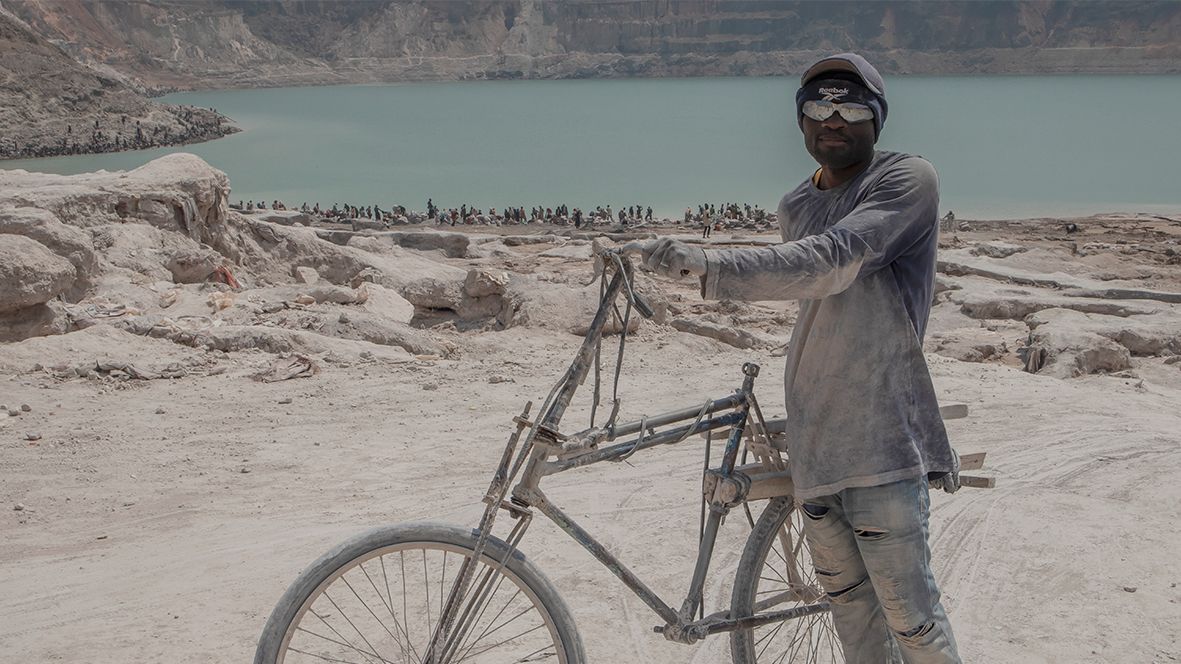By Liz Sly
On the night the Middle East changed, Abdulrazaq al-Masri was at home with his wife and children in the Syrian town of Qusayr, glued to social media. It was December 7th 2024, and his Twitter feed was full of astonishing rumours. Rebels were said to be advancing on Damascus; the president, Bashar al-Assad, had supposedly fled the country. Masri glanced out of his window – it was eerily quiet. Just after midnight, he decided to venture outside to see what was happening. The Assad dynasty was indeed falling that night, but Masri was about to witness the crumbling of a different regime.
Explore more

1843 | How Tether became money-launderers’ dream currency
The stablecoin is fuelling a global shadow economy. And it’s never been more respectable

1843 | Shock and ore: Scenes from the relentless search for critical minerals
From Chile to Indonesia, the changing needs of the electronics industry are altering the face of the Earth

1843 | Putin’s next target
Estonia is girding itself for an invasion as its Russian minority grows restless
1843 | A historical guide to surviving and thriving in the court of Trump
Lessons from Thomas Cromwell and Niccolò Machiavelli about winning friends and influencing people in the White House
1843 | The curse of Kenya’s long-distance runners
Kelvin Kiptum had the world at his feet. Then it all ended in an instant
1843 | How Graham Hancock became conspiracy theorists’ favourite historian
His Netflix show claims to uncover the truth about our ancient past. Critics say he peddles dangerous nonsense


